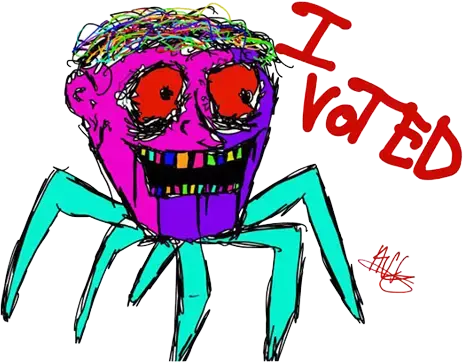

Prasura!
K-ON!
As before, I translated a few clues and then searched.
“gi(t)” and “sur” seemed to be key parts but I just couldn’t figure them out. However, the first line looked like it said that Y— is a carefree girl starting high school with a dream of being in a particular club, and that seemed somewhat narrowing.
I decided “šeras̋ulet́ede” meant “she is greeted” (by three others), based on “ras̋ulećke” and noticing “de” tacked on to verby-looking constructions glossed as past-ish.
I translated “tavfat́ot́e” as “made to remain”, based on “tavfat́a”, kot́e, and “kot́ot́e”, but didn’t think it’d be in the description word-for-word.
There was a temptation to call “yesǒynevńe” “their soldier” but that didn’t seem very likely.
It did appear that Y— learned somehow with the help of the others.
And “yakruňuŕa : śeska” looked like “the school festival is soon”.
So the search term I picked was “anilist anime girl high school club greeted school festival”. That put K-ON!—with its promising exclamation mark—in top spot, and the description matched what I was reasonably confident about.
I was thinking something like “recolours” for “moḱrit́e”, but I guess it’s more like “relights”?







Response to notes
I very nearly wrote “past/passive”, but I’ve been dancing around “j́eske” in things like “iḿej́eske” as being a passive or perhaps (im)perfective indicator. This is territory where I don’t have a good map, though, so it just got ished instead.
The soldier thing is a product of over-extrapolation from insufficient data/understanding. Starting from “yesǒynevńe”, I trimmed away “ye–vńe” as “the [noun] of them”, which leaves “sǒyne”. Pieces like “eyni” keep cropping up in terms of “human(s)”, “one(s)” maybe, with “yn” seemingly more consistent than either end. That left me wondering about “sǒ”, and there are two matches there: “sǒyrinska”, which has the following “y”; and “sǒnt́e”.
So I was thinking along the lines of “their changed one”, “their violent one”. I hadn’t translated much then, nor looked at the hints, and—well—anime has its share of child soldiers being told to get in the robot, doesn’t it? My process for these puzzles involves looking for common pieces, but also some imagination and then seeing if those possibilities fit into other slots. Elsewhere there was a “yeransǒv Y*ye” and, remembering “ran” as a “without”-y component, I considered that as a “Y—'s peace/stillness”. There’s some potential for it all coming together, but not a great deal. And, once I had more to work on, it became much more unlikely.
I have better records? You gave “śeske” in Spinzine, and “uŕav” in YeĆapeyniv Ňátaňski (both part 3).
You gave “śeske” in Spinzine, and “uŕav” in YeĆapeyniv Ňátaňski (both part 3).
The good
The bad
Hindsight is 20-20
Yekaysulivye